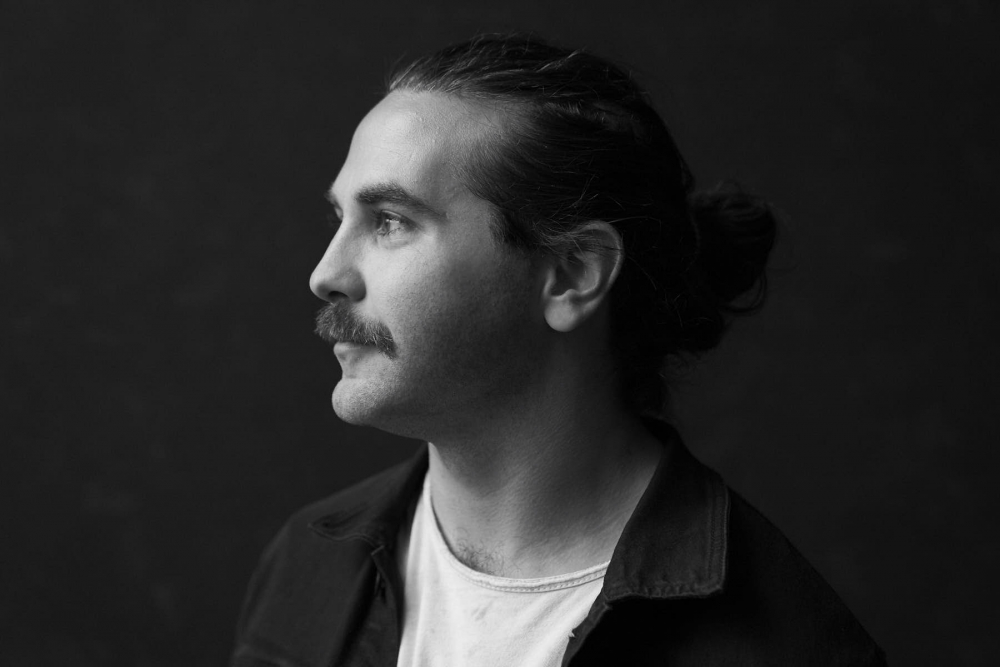
Dr. Lloyd McArton
Assistant Professor

Assistant Professor
Dr. Lloyd McArton (he/him) is a Canadian settler and Assistant Professor of Music Education in University of Lethbridge’s Faculty of Education. He has also taught courses and conducted research at University of Toronto. As a musician, Lloyd has been enamored by acoustic instruments, digital audio, amplification, MIDI and music technology. He spent five years studying classical saxophone performance and for many years performed as 1st chair in Queen's Wind Ensemble in concert and jazz settings.
Lloyd’s objective as an educator revolves around creating experiences that reflect students’ interests, experiences and goals. He strives to continue developing his expertise as a learning designer and educational resource that students can draw upon in working towards open-ended projects that are meaningful to them. He is wary of the ways in which educational institutions can impose power and control over students, and has spent nearly two decades as an educator in various settings finding creative ways to subvert this dynamic to empower students’ learning. Part of his fixation with enabling students’ individual and collective interests stems from his background as a Montessori school music educator. At one school, he helped to develop a music program from the ground up, which was based entirely on a flexible structure that enabled students to pursue individual and collectively negotiated pursuits. This approach was also inspired by 12 years teaching private lessons, mostly in guitar but also bass, saxophone, ukulele, piano, digital audio workstations and music theory. In both classroom and individual settings, Lloyd has witnessed the great benefit of celebrating learners’ existing and intrinsic connections to music.
As a researcher, Lloyd seeks to identify and address issues of inequity in music education. His goal as a researcher is to explore ways and means to improve public music education through thoughtful shifts toward student-centered learning models. He believes that the central aim of music education is to develop skills and understandings for the purposes of personal and collective fulfillment from engaging with music. To do so, one needs to respect and account for students’ vast diversity in Canadian schools. He focuses on public music education because publicly funded schools have a responsibility to meet the needs and interests of its constituent students. Most of his research and publications fall under the category of (un)popular music education. His doctoral thesis, for example, explores independent music scenes and how people learn to organize musical lives within them. In harnessing the serious leisure perspective (see Robert Stebbins’ many works), he develops the notion of complex leisure careers centered around creating original music, as contrasted with the quasi-mythology of a professional career and livelihood derived from the same pursuit.